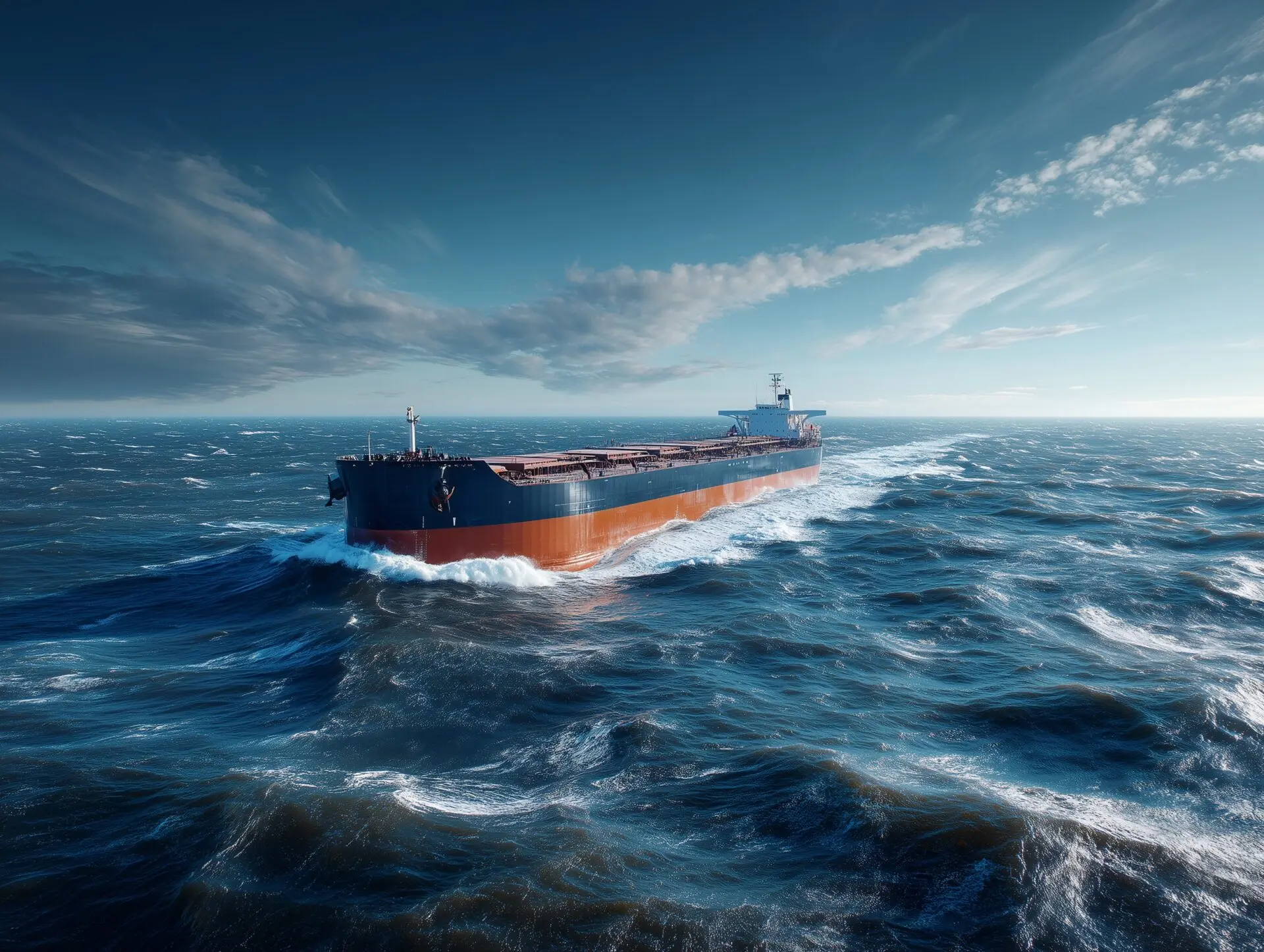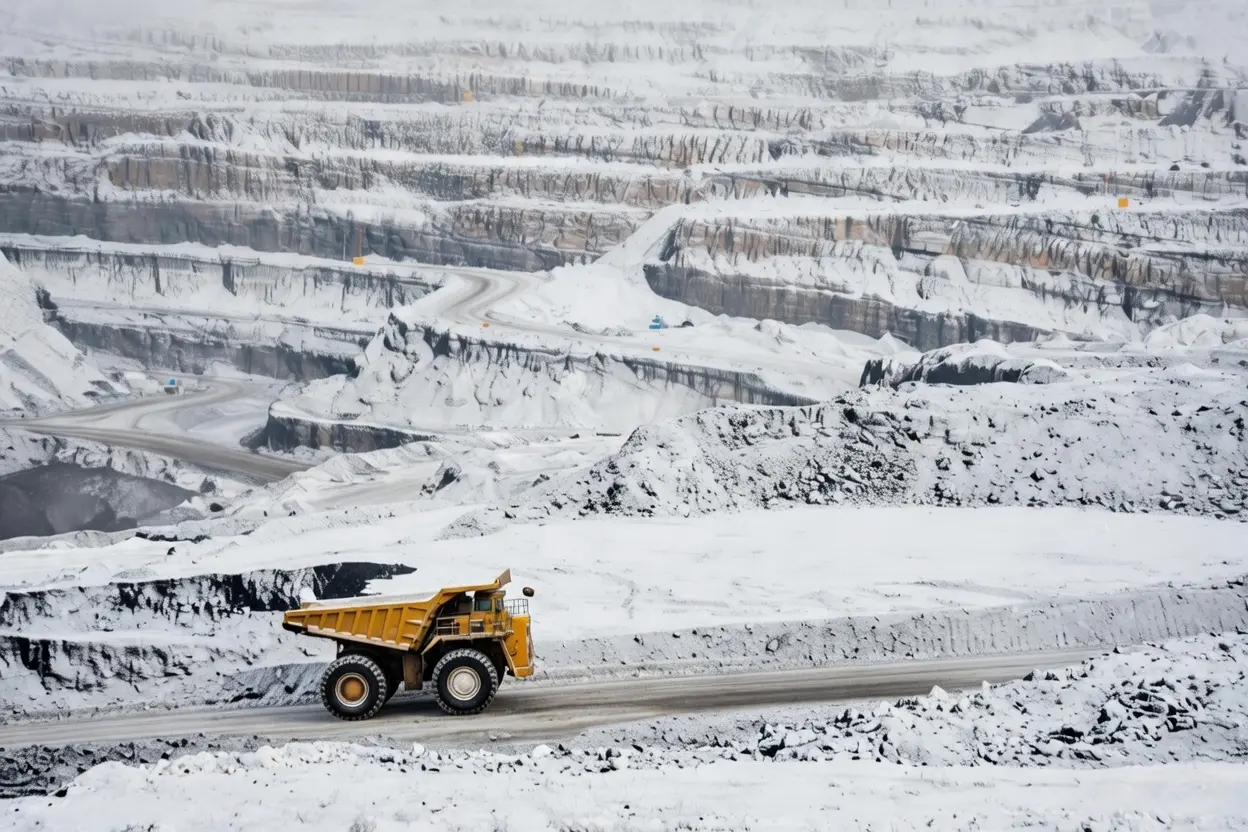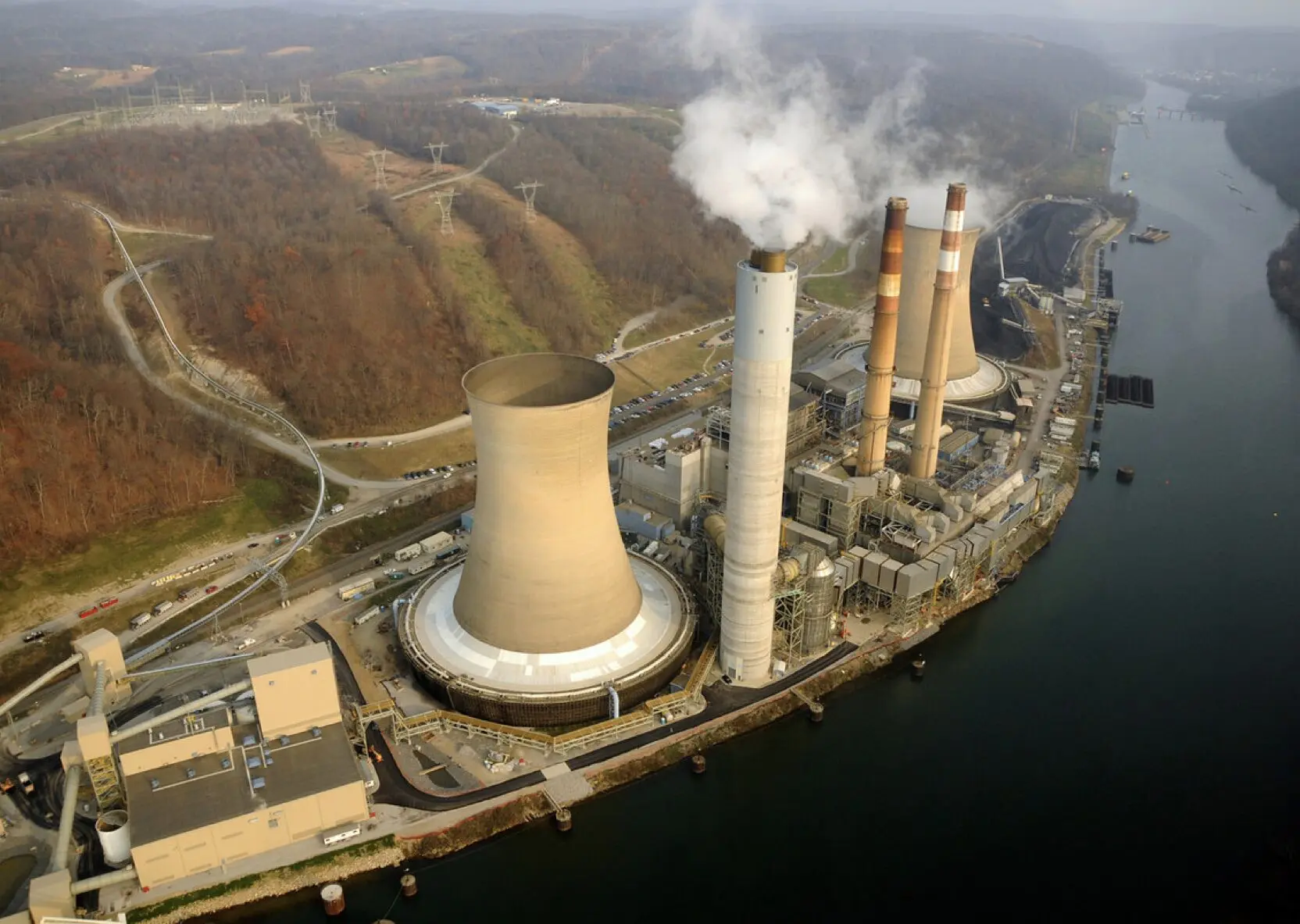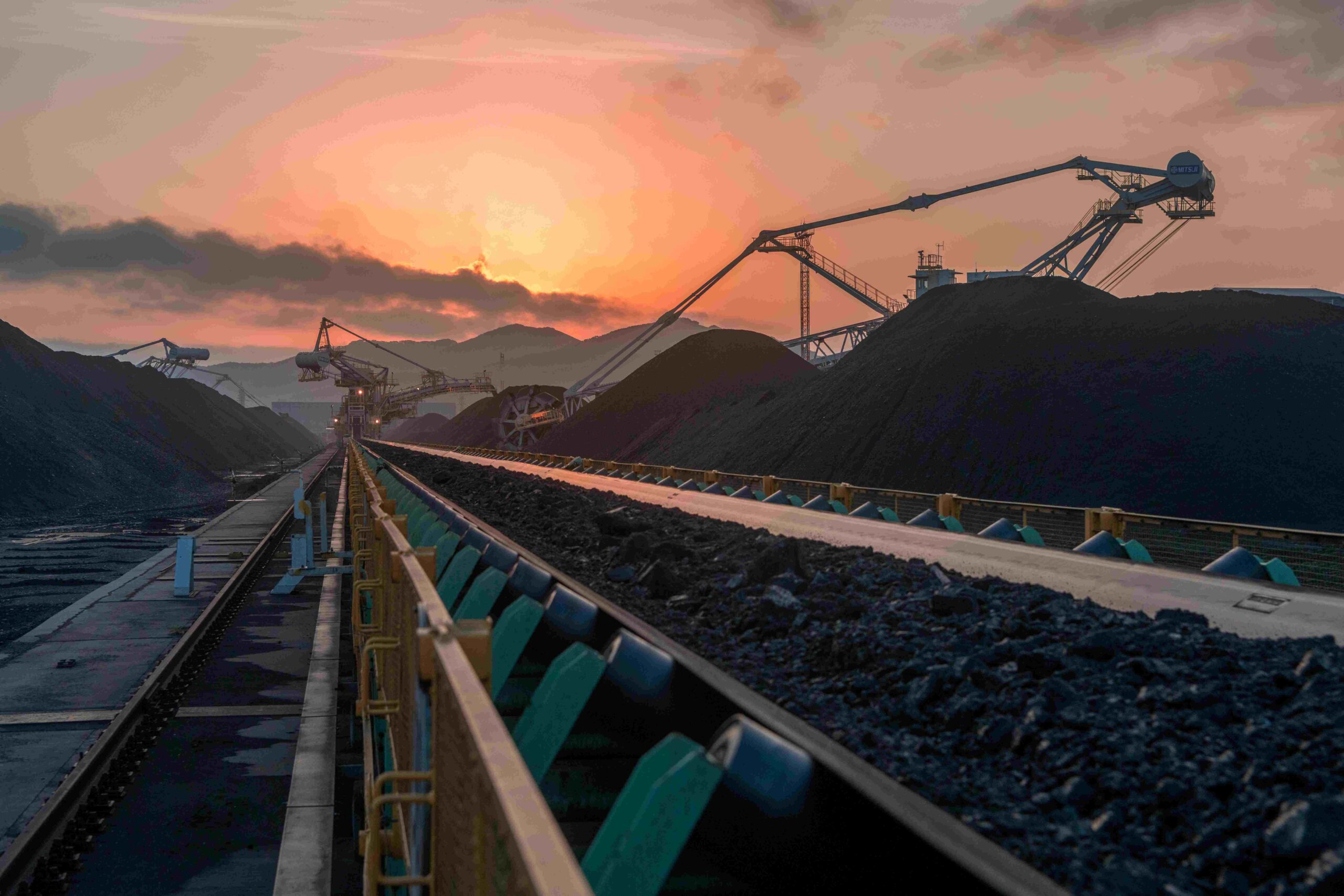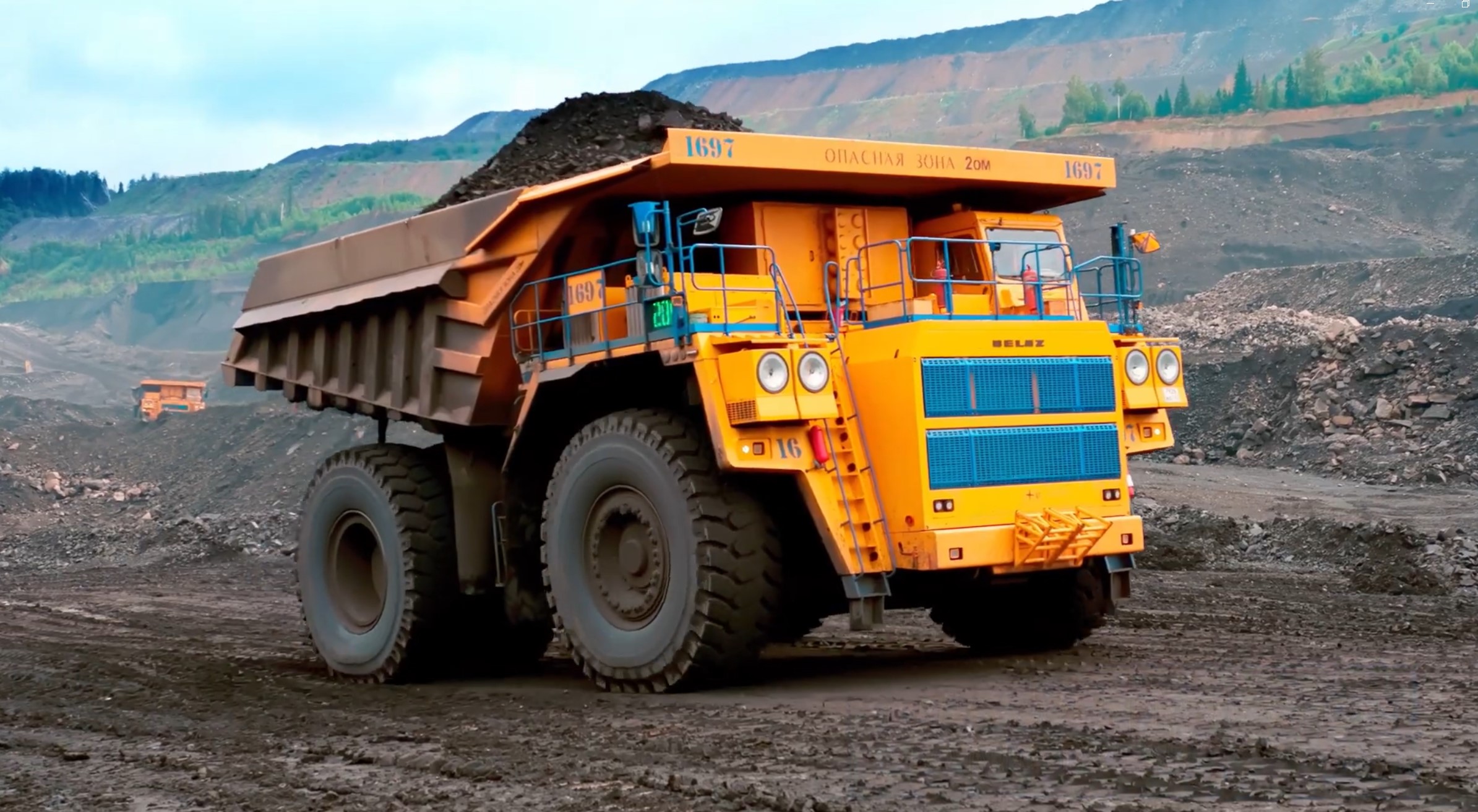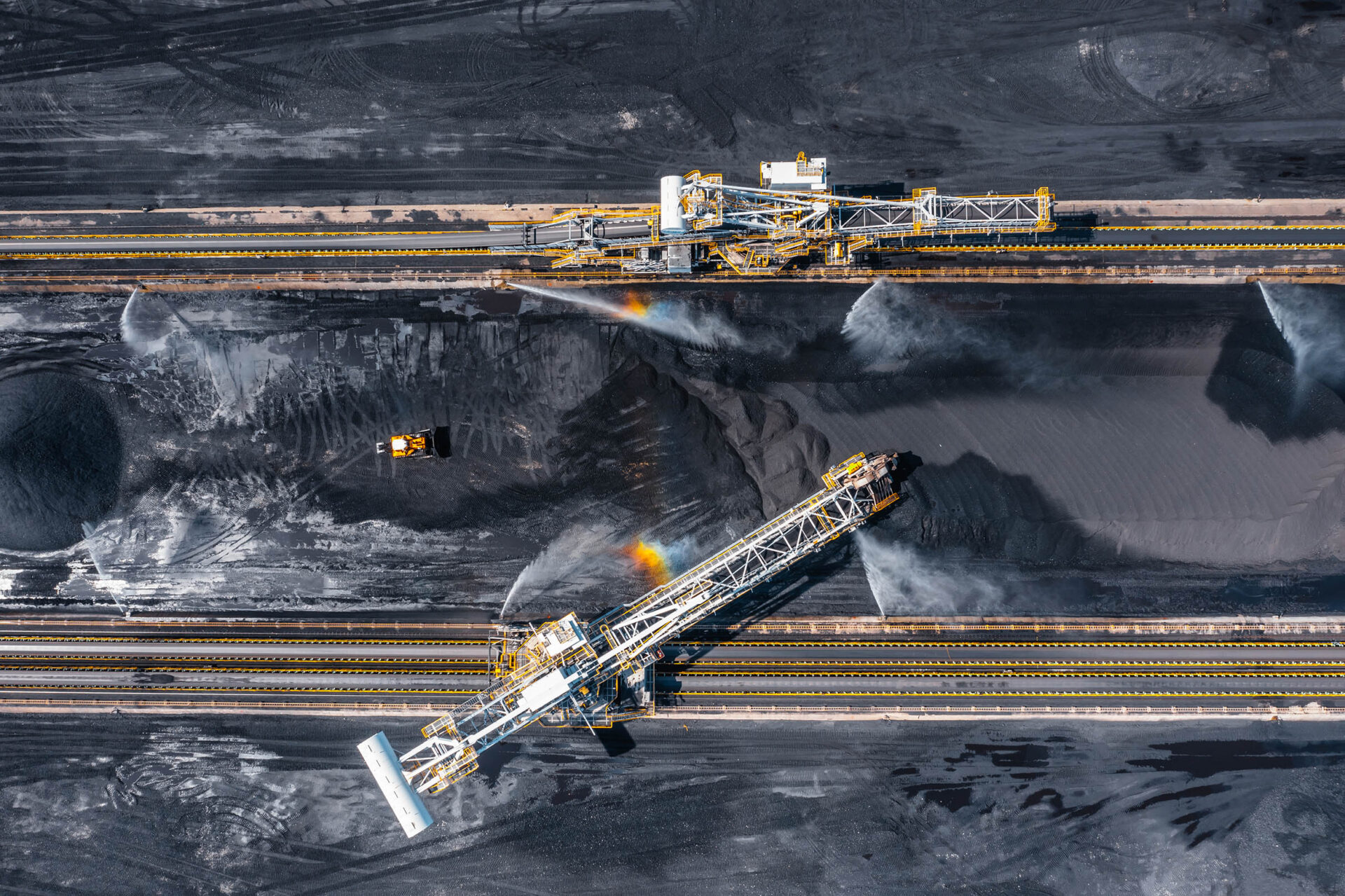
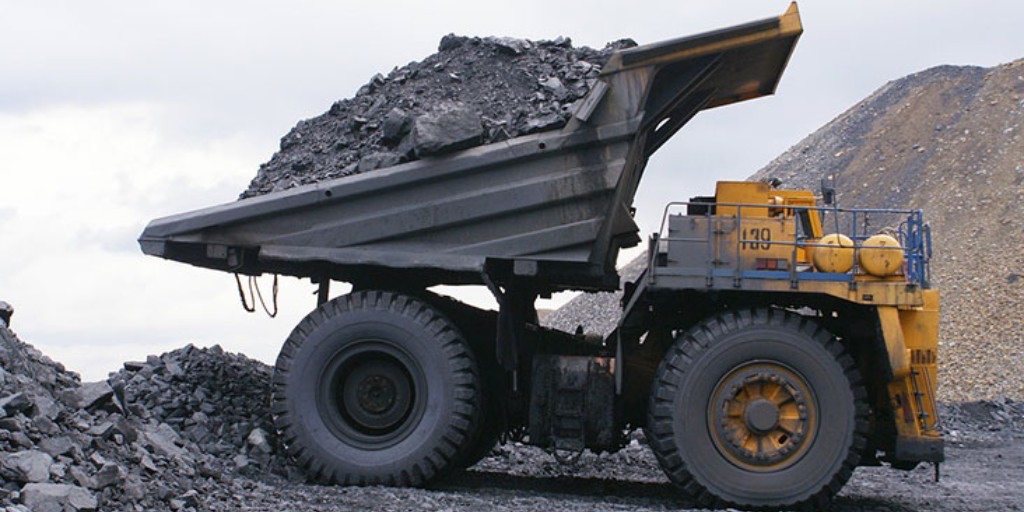
(Montel) European coal prices continue to trade at a considerable discount to their Pacific basin equivalents, suggesting EU demand remains sluggish at a time of tight Australian supply, analysts told Montel.
The front-month API 2 contract has so far this year averaged USD 178/t, compared with the Ice Newcastle equivalent of USD 365/t, on Ice Futures.
This spread of USD 187/t compares with an average discount of USD 68/t last year and an average premium of USD 18/t in 2021.
“The two contracts are to a large extent disconnected, reacting to quite different fundamentals,” said Guillaume Perret, director of Switzerland-based consultancy Perret Associates.
He noted European prices were under pressure from relatively mild weather, lower competing gas prices, high stocks and reduced industrial demand, while supply in the Pacific basin for high calorific-value (CV) coal remained quite tight.
Australian coal exports in 2022 likely declined by 10% – or 19m tonnes – on the year to 179m tonnes, according to provisional Perret Associates estimates, citing heavy rains hindering output, a lack of mining investment and staff shortages.
Perret said shipments from Australia could recover to 185m tonnes, albeit be well below the peak exports of 212m tonnes seen in 2019.
“So while the spread could erode a bit, for most of 2023 Newcastle will continue trading at a significant premium to [API 2],” he said.
Supply substitution
“It’s surprising that this large spread has persisted,” said Singapore-based Refinitiv coal analyst Toby Hassall.
While north Asian demand for high-CV Australian thermal coal had been strong, and supply been constrained, a spread “of this magnitude” would usually result in buyers substituting Australian coal with lower cost supply from other origins, he said.
But softer demand from Europe had contributed to the downward pressure on API 2 prices, he said.
An analyst with a coal supplier said the high Newcastle prices would likely drive volumes away from Europe in the near-term, despite EU nations shunning Russian coal for alternative supplies from afar as Australia and Colombia.
“Whoever has coal now, prefers to send it to Asia, as even a heavily discounted [Newcastle-linked sale] makes more sense than API 2,” he said.
Source: Montel


